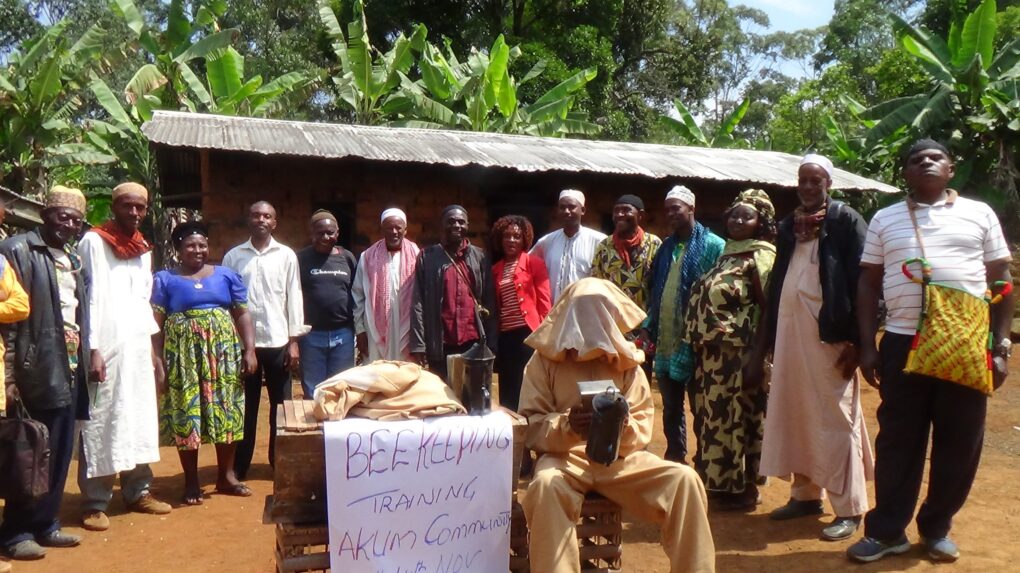The training of water management committees and Dialogue Platform members falls within the In Search of Common Ground Project implemented by Mboscuda from 2013 to 2018 in the North West Region of Cameroon. This is a 5-year project that has alleviated poverty in the North West Region of Cameroon by reducing conflict between indigenous crop farmers and semi-nomadic Mbororo cattle herders.
Conflict is the result of increasing competition over access to natural resources (land and water) that are central to the lives and livelihoods of both groups. The project achieved this by making a range of interventions in 23 conflict affected areas. It scaled up work that has been piloted in three Districts of the North West (Menchum, Donga Mantung and Ngoketunjia) to all seven Districts (Momo, Mezam, Boyo, Bui). There are four outcome areas:
Conflict Resolution: a reduced incidence and severity of conflict between crop farmers and cattle herders (through dialogue and collaboration) resulting in more equitable access to natural resources and an improved environment for exercising basic rights.
Sustainable Natural Resources: Improved skills in sustainable farming methods leading to better crop and livestock yields, greater cooperation between crop farmers and cattle herders and increased awareness of the need for environmental protection.
Clean and Safe Water: Equitable access to clean water contributing to reduced conflict between farmers and grazers and more sustainable use of a vital natural and economic resource.
Strong Organisations: Mbororo people have greater capacity to exercise their rights, leading to more responsive legislation, reduction in human rights violations that they experience and improved opportunities for social and economic development.
Direct beneficiaries range approximately between 20,000 farmers and herders (men, women and children) across the 23 project sites. Indirect beneficiaries include people from neighbouring communities who are benefitting from ripple effect (totalling 480,000 across the 23 project site areas).
The training that had 27 participants selected from Akum he water community held at the Nilap quarter. They were impacted skills on bee keeping by MBOSCUDA through a consultant to protect water catchment areas and to generate income for the committee as well as to sustainably manage the water scheme. These inclusive water management committees were created in May 2017 to oversee the entire water scheme given to them by MBOSCUDA to improve on access to water resource so as to reduce conflict between graziers and farmers.

Leave a Reply